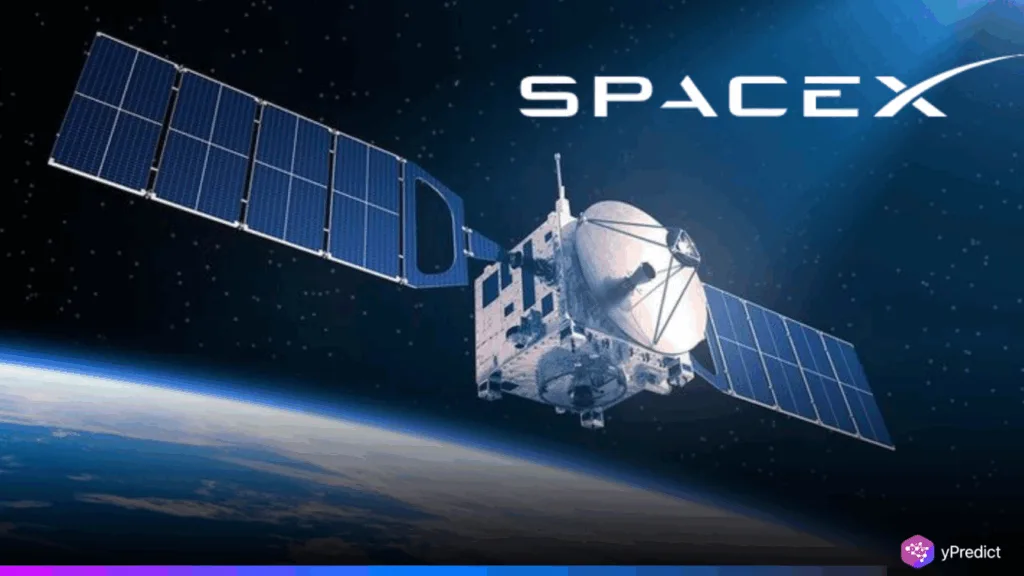
Space Forge, a Cardiff-based startup, has launched the first satellite built in the UK to be used to manufacture in space, ForgeStar-1, as part of the SpaceX Transporter-14 mission. Engineers constructed the satellite totally in Wales, and it will manufacture next-generation semiconductors in space due to the low temperatures and vacuum present. While the design of ForgeStar-1 does not allow it to return its payload to Earth, the satellite will test critical systems to lay the groundwork for future missions. CEO Joshua Western called the achievement a “massive technical milestone,” marking a key step in using space environments to produce advanced materials for data centers, quantum computing, and defense.
Pioneering Semiconductors in Orbit with ForgeStar-1
Space Forge’s mission represents a bold new frontier for semiconductor development. The ForgeStar-1 satellite, now live in low-Earth orbit, will test key processes for manufacturing materials in space that cannot be made on Earth. The fledgling company is betting on the exclusivity of space, a perfect vacuum, microgravity, and naturally formed cryogens, to grow space-derived ultra-pure materials in a process using so-called space-derived crystal seeds. The special environment allows the researchers to produce high-performance chips out of such materials as gallium nitride (GaN) and silicon carbide (SiC), which are essential to both high-performance computing and power electronics.
The forgeStar-1 mission will not retrieve any materials to the Earth; it is a proof-of-concept to demonstrate in-space crystal growth and satellite control systems. Its mission will conclude with a planned atmospheric reentry, either deploying Space Forge’s Pridwen heat shield or self-disintegrating if necessary. Future missions aim to manufacture chips of high enough value to offset the cost of launch, starting with ForgeStar-2, which will attempt full material return. This mission is key to Space Forge’s broader goal: turning Earth orbit into a new industrial zone for advanced tech production. With high stakes and high science, ForgeStar-1 is shaping what could be the future of materials manufacturing.
A New Supply Chain Frontier- Why In-SpaceX Manufacturing Matters
In-space manufacturing offers game-changing potential for the semiconductor industry. Space Forge and others want to take fabrication off-planet to circumnavigate the constraints of Earth, pollution, impurities, and the prohibitive expenses of cryogenics, with access to the natural vacuum, extreme cold, and zero gravity of space, to make higher-quality materials more quickly. This innovative model may change the semiconductor supply chain, particularly in the defense, artificial intelligence, and quantum computing industries, where the purity of the materials sets the level of performance. ForgeStar-1’s successful orbit launch is not just about innovation; it’s about economics. If semiconductors built in space prove valuable enough to justify the launch cost, they could disrupt global chip production.
The next-generation ForgeStar-2 satellite aims to be the first to manufacture and return chips to Earth, marking the transition from prototype to production. The goal of CEO Joshua Western is that within 5 years, 10-12 satellites can be launched and recovered every year, and more than 100 missions can be introduced in the future. Fabrication would only take 1-6 months in these satellites, and with further reuse, these could re-enter the atmosphere after 1-6 months, thus reducing the costs and making them more sustainable. The implications? Greater speed of innovation, less pollution, a new dawn in materials science, not merely labs on earth but forges in space.
ForgeStar’s Legacy- Laying the Foundation for Orbital Industry
Though ForgeStar-1 won’t return to Earth, its legacy could reshape high-tech manufacturing forever. It validates key technologies for space-based fabrication, setting the stage for scalable, economically viable in-orbit chip production. As Space Forge prepares for ForgeStar-2 and beyond, it edges closer to unlocking a new industrial ecosystem in orbit. If successful, in-space manufacturing may no longer be science fiction; it could become a vital node in the global technology supply chain. From defense to AI, the future of semiconductors may soon depend not on cleanrooms, but on clean orbit.





